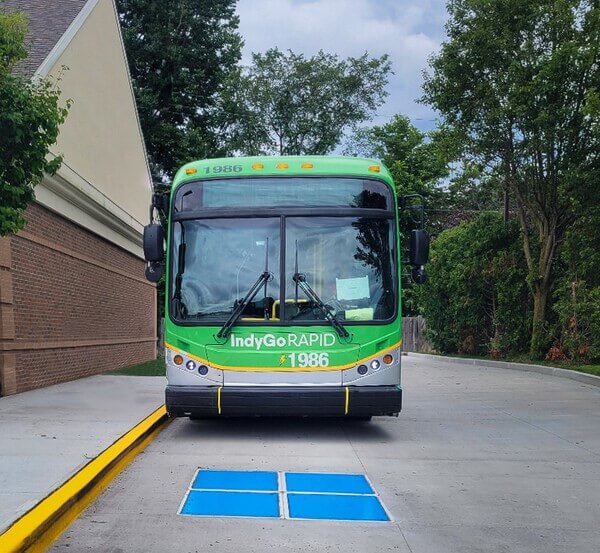Philadelphia-based InductEV, whose focus is on electric vehicles used in commercial fleets, and Norway-based ENRX, with 75 years of experience in the wireless transfer of energy in heating systems and more recently with EVs, have signed a memorandum of understanding (MOU) that seeks to establish technical standards and ensure compatibility across the wireless EV charging ecosystem worldwide.
InductEV and ENRX are focused on a standard at power levels several times higher than the robotaxi system, essential for eliminating range anxiety that has impeded the growth of EVs.
Through this collaboration, the two companies expect to provide users of the technology with expanded market access while contributing to an open ecosystem that drives innovation and supports user choice. Moreover, InductEV and ENRX seek to accelerate the widespread adoption of wireless inductive charging technology in the transport sector.
“We look forward to working alongside the engineers at ENRX to help standardize the technical specifications of wireless charging technology across the globe,” says John Rizzo, CEO of InductEV. “We’re at a tipping point in the transportation sector’s adoption of wireless inductive charging, making this collaboration that much more crucial as end customers and vehicle makers want to be assured of multiple sources of supply for this mission-critical technology. As a company, InductEV has already shipped Gigawatts of power wirelessly, more than the entire industry combined to date. We are well-positioned with ENRX to contribute to the coming wireless EV charging transformation.”
Areas of collaboration include:
- Support for SAE J2954 standardization efforts — Both companies will dedicate resources and technical expertise to participate in working groups, committees and other activities related to the development and completion of the SAE J2954 standard and other relevant standards.
- Compatibility and interoperability testing — InductEV and ENRX will work together to test their wireless charging solutions for mutual compatibility, ensuring that their products can operate seamlessly across diverse platforms and configurations within the EV market.
- Industry advocacy and promotion — Induct EV and ENRX will jointly promote the benefits of standardization within the industry and to regulatory bodies, advocating for the adoption of a universal standard to ensure that wireless charging solutions are accessible, reliable and compatible.
“We have been following the commercial adoption of InductEV’s wireless inductive vehicle charging model and found that our two companies have much in common from a technological standpoint,” says Magnus Vold, chief commercial officer and business area manager at ENRX. “With our almost 20 years of experience in the European high-power wireless charging business, we also recognize the need for greater standardization of the technology in the automotive sector. We are therefore pleased that the team at InductEV agreed to partner with us to establish those industry standards.”
InductEV’s high-power wireless charging system works by using inductive charging pads: an in-ground pad that is instantly activated when paired with an under-the-vehicle pad that is installed during the vehicle’s manufacturing. Current InductEV systems can provide 75 kW up to a 450-kW wireless power output. The company’s solution shifts the charging paradigm from relying solely on time- and energy-intensive overnight wired charging sessions in depots to shorter charging sessions spread throughout the day. This reduces the friction of electrification for both power utilities and fleet operators by maximizing the use of available renewable energy.
In the charging arena, ENRX has delivered wireless induction charging solutions for ferries and various industrial vehicles, as well as for buses in several major cities in Europe. Notably, in Braunschweig, Germany, a 12-kilometer bus route equipped with a 200-kW wireless charging system has been continuously operating for over a decade.
The company is also pioneering a 200-kW electrified roadway in Orlando, Florida. The 1.2-km (0.75-mile) pilot section within the larger 8-km (5-mile) Lake/Orange Expressway State Road 516 is now in development. This project will showcase high-power wireless charging technology capable of supporting long-haul trucks and passenger vehicles while in motion.





